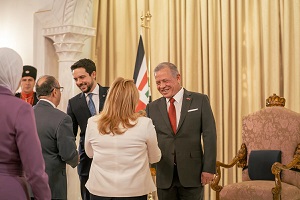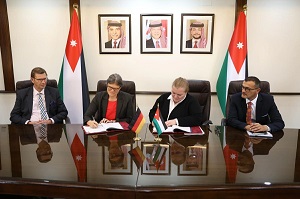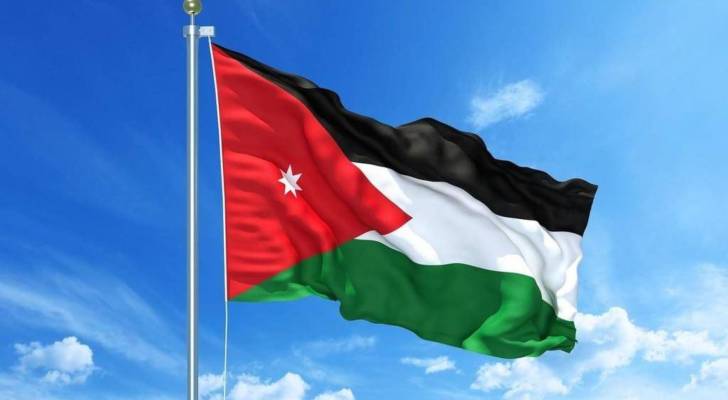Modernisation in Jordan: A nation building the future - By Hasan Dajah, The Jordan Times
In recent years, Jordan has witnessed a clear shift towards modernisation in its various political, economic, and administrative dimensions. This transformation is driven by a royal vision that seeks to build a modern state capable of confronting changes, enhancing governance, and consolidating trust between citizens and institutions. This approach has not been limited to isolated initiatives, but rather is part of a comprehensive reform project based on the principles of participation, transparency, and digitalisation, reflecting the state's awareness of the importance of preparing for a future based on innovation and knowledge.
On the political front, in 2021, Jordan launched the Royal Commission for Modernizing the Political System with the aim of developing parliamentary and party life and improving the level of popular representation. The Commission's outcomes laid the foundation for a new phase based on the transition from individual action to programmatic party work, through the new election and political parties’ laws, which grant parties an influential role in shaping future parliaments.
This was accompanied by constitutional amendments that strengthened the separation of powers, supported the independence of party decision-making within parliament, and allocated greater space for youth and women in decision-making positions, with the aim of revitalizing political participation and broadening representation. These steps were accompanied by efforts to raise political awareness, promote freedom of expression, and create an environment that enables citizens to actively engage in public life. Political moderni sation has thus transformed from mere legal procedures into a cultural shift aimed at establishing the concepts of participation and accountability and forming institutions capable of representing the public will.
In the economic sphere, the “Economic Modernisation Vision 2022–2033” marked a turning point in the development trajectory. The vision aims to improve the business environment, expand the production base, and create new job opportunities, with a focus on empowering the private sector and enhancing its role in the national economy. The vision relies on eight growth drives, including technology, energy, tourism, agriculture, and industry, and aims to provide approximately one million job opportunities over the next decade, reflecting the state's orientation towards a productive, knowledge-based, and digital economy.
In recent years, Jordan has witnessed a significant expansion in entrepreneurship projects, investment in digital transformation, and the introduction of digital solutions in areas such as e-payments and government services. The education and training system has also been developed to align with labor market demands, alongside significant efforts in renewable energy and resource efficiency, thereby reducing reliance on foreign aid and enhancing economic stability.
Administrative modernisation is the cornerstone of successful political and economic reform, as progress cannot be achieved without an effective administrative apparatus that adopts streamlined procedures, digitalisation, and good governance. Accordingly, the government launched the "Administrative Modernisation Plan" in conjunction with its economic modernisation vision, aiming to develop the public sector and improve the quality of services provided to citizens. The plan included restructuring government institutions, merging some entities, and adopting performance evaluation systems based on merit rather than seniority. Emphasis was placed on digital transformation through the automation of services and the development of electronic portals, aiming to reduce bureaucracy and minimize direct contact between citizens and employees, which contributes to combating corruption and increasing transparency.
The integration of these three tracks؛ political, economic, and administrative ،reflects a comprehensive reform vision that recognizes development can only be achieved with a stable political environment, a productive economy, and an efficient and flexible administrative apparatus. Despite the challenges posed by limited state resources, economic pressures, and the influx of refugees, Jordan is pursuing a gradual reform model that balances modernisation with maintaining stability. Modernisation is not an end, but rather a means to build a state capable of meeting future demands and empowering Jordanians to be both the focus and the goal of development, towards a more prosperous and sustainable Jordan.
Hasan Dajah is a professor of strategic studies – Al-Hussein Bin Talal University




